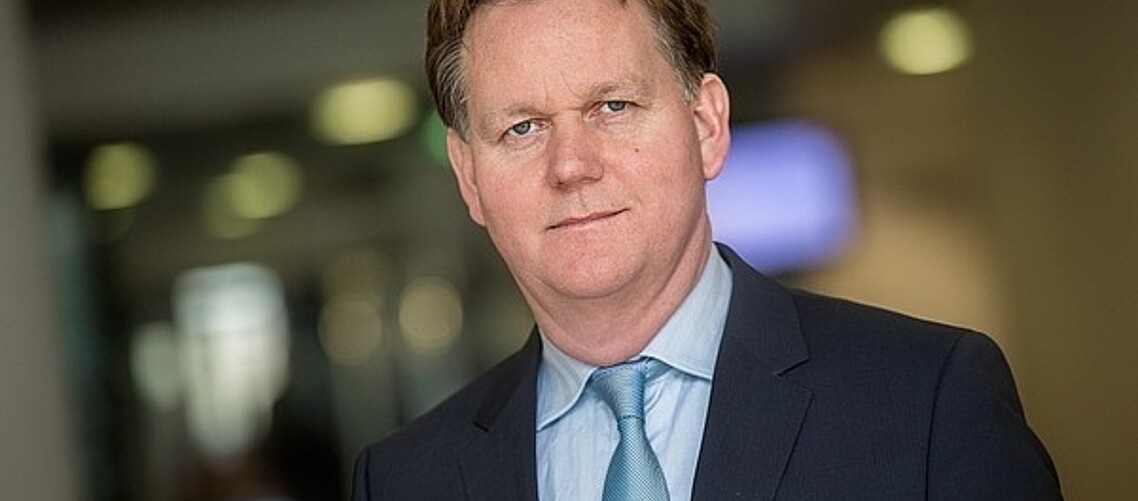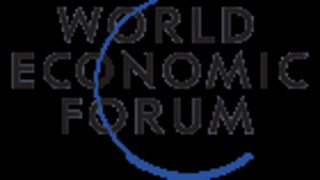Prof. Volberda indicated the main findings of the report:
1. Continuing climb
The Netherlands has continued climbing up the ranks of the WEF Global Competitiveness Index. The country is now ranked fourth, which makes it the most competitive economy in the European Union.
2. Competitiveness in jeopardy
The macroeconomic policy implemented by the Dutch Cabinet, as well as job market reforms, continue to improve the Netherlands’ level of competitiveness. However, the Netherlands’ level of competitiveness continues to be jeopardised by the condition of the financial markets.
3. Top policy drives improvement
The Dutch ‘top industry policy’, aimed at reinforcing competitive industries, has contributed to a further improvement of the innovation-oriented partnership system. This is one of the driving forces of economic growth in today’s new economy.
4. Sweden and UK among movers and shakers
Switzerland, Singapore and the USA managed to retain their positions at the top of the global rankings. Sweden and the United Kingdom have climbed a few spots in the top 10, at the expense of Japan, Hong Kong and Finland.
5. Disparity among EU member states
There are still large disparities in the competitiveness and innovation levels of the various EU member states.
6. Monetary policy insufficient
The central banks’ monetary policy will not suffice to realise financial growth.
7. Shielding tactics may compromise growth
National governments are increasingly shielding their economies from foreign competitors and are implementing protectionist measures, which may compromise future growth and prosperity.
These results were partially based on the annual Executive Opinion Survey, which was once again carried out among major Dutch companies and small and medium-sized enterprises by the INSCOPE Research for Innovation Centre of Excellence. The project was supervised by Prof. Henk W. Volberda, who conducted the study in association with his researchers Roeland Diks, Iris van der Velden, Jorian Heil and Nick van den Boogaart. Data was analysed by researchers Dr Rick Hollen and Dr Kevin Heij.
The entire report for the Netherlands can be downloaded here (in Dutch). The full report can be downloaded in English.


